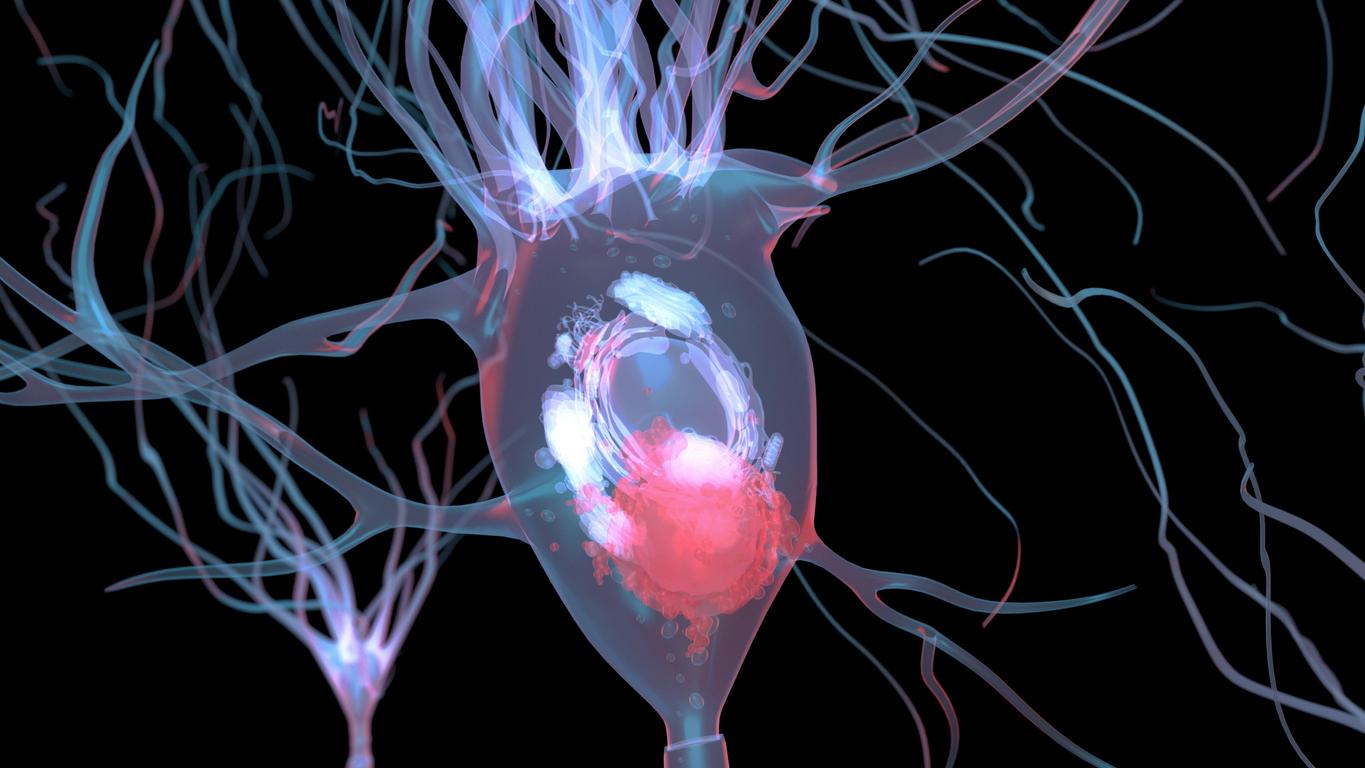An American researcher led a pilot study on patients with Parkinson’s disease. The volunteers participated in singing activities, which had a beneficial effect, at least for their mood.

Parkinson’s disease is a progressive neurodegenerative disease that affects more than 10 million people worldwide. Symptoms include tremors and difficulty coordinating movements.
Since anxiety and depression are relatively common, mood swings can occur in patients with this condition. Medications can help reduce symptoms, but they tend to become less effective as the disease progresses.
Singing as therapy
Finding non-pharmaceutical ways to manage Parkinson’s disease is therefore a priority. Recently, researchers from Iowa State University in Ames (USA) conducted a pilot study to investigate the impact of singing on a small group of people with Parkinson’s disease.
The study was led by Elizabeth Stegemöller, assistant professor of kinesiology. The researchers presented their findings at the Society for Neuroscience 2018 conference, held this week in San Diego, California. The research was conducted on a small group of 17 people who participated in the singing activities. The researchers measured their patients’ heart rate, blood pressure and cortisol levels before and after each session.
Improved mood of patients
Participants also completed a questionnaire that rated their levels of anxiety, sadness, anger and happiness. The researchers observed a decrease in the patients’ heart rate, blood pressure and cortisol levels after each session. They also observed a significant drop in levels of anxiety and sadness.
“We see the improvement every week when they leave the singing group. It’s almost like they have a bit of energy in their step. We know they’re feeling better and in good spirits “, says Elizabeth Stegemöller.
As for specific symptoms, the researchers measured statistically significant improvements in certain motor symptoms that are often unaffected by the drugs. In particular, upper extremity bradykinesia (slowness of movement), tremors and walking were the most improved.
Although this study was only carried out on a small scale, experience proves that in this precise context, singing could prove to be a cost-effective therapy, without side effects and beneficial for people with Parkinson’s disease. .
.

















